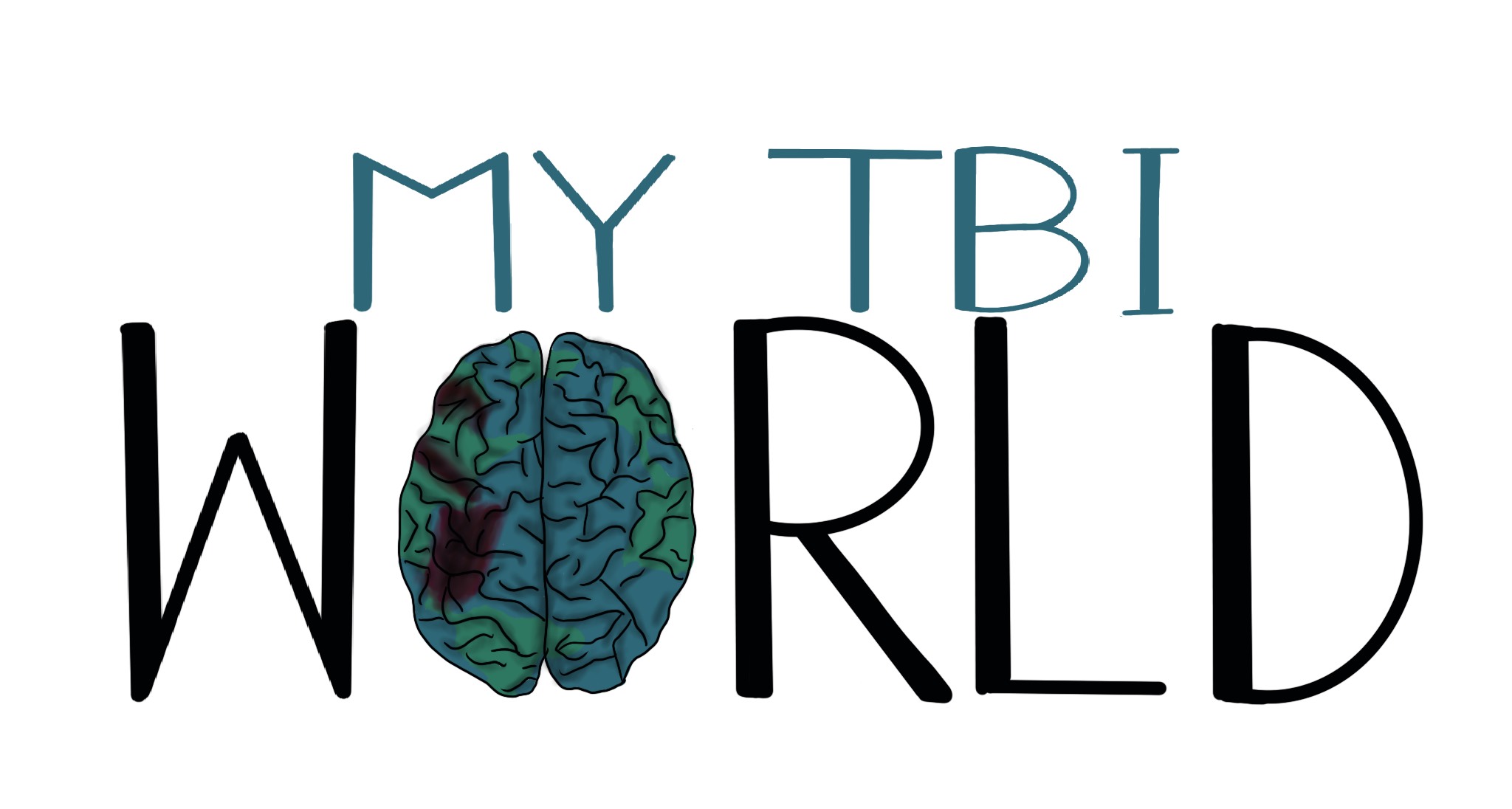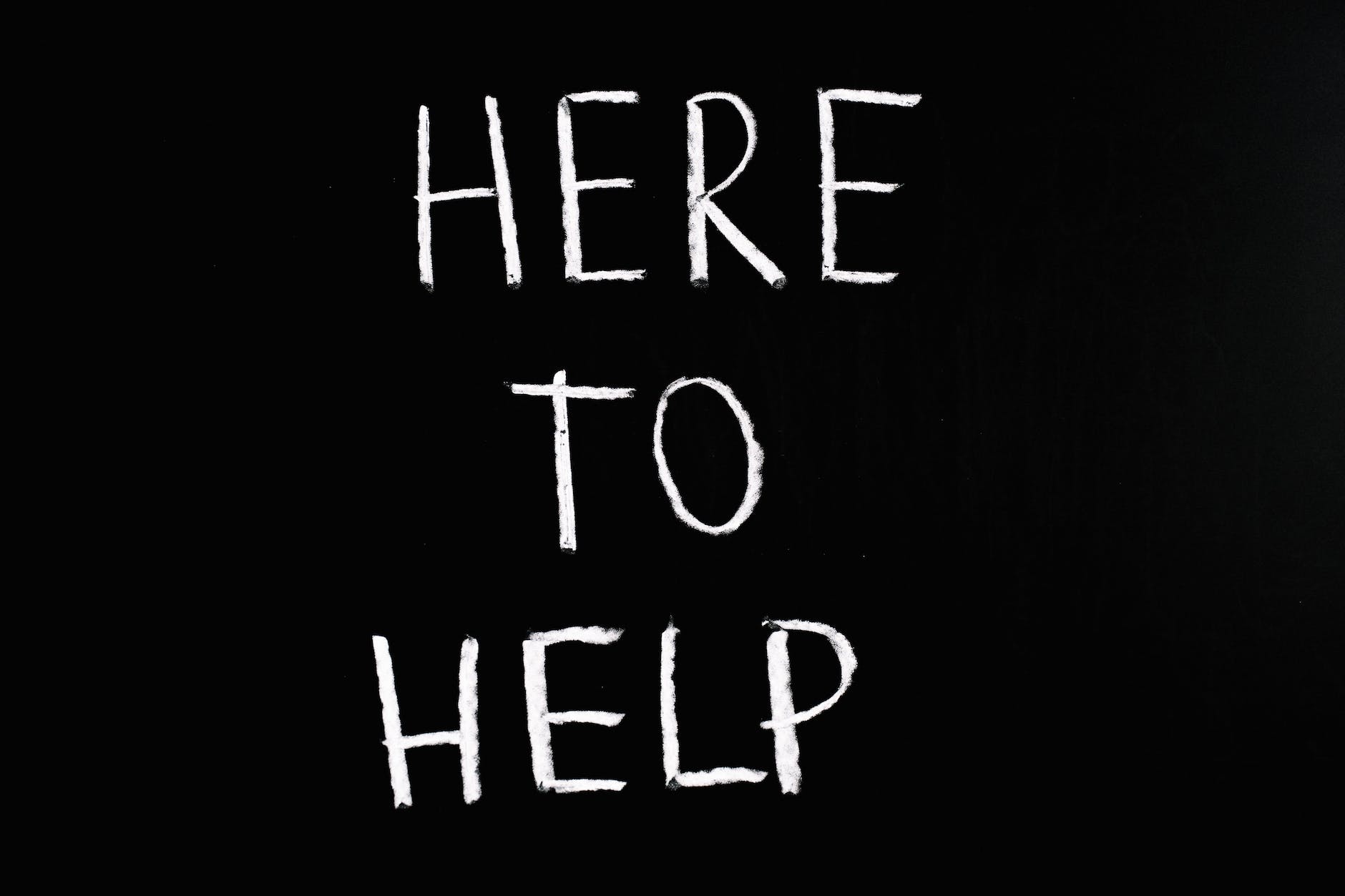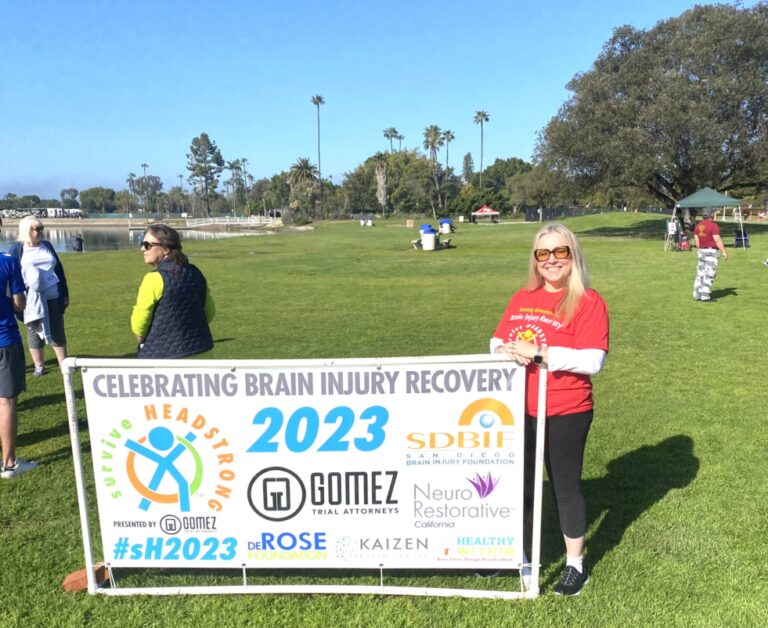7 Ways to Manage Your TBI
Surviving a traumatic brain injury can be a life-changing experience. The path to healing can be challenging. With the right tools and support, you can begin to manage your TBI recovery and find hope for the future. I’m share seven ideas in that I found very beneficial after I had my traumatic brain injury. I hope to inspire and empower you to live your best life yet!
Why is having a traumatic brain injury challenging?
A traumatic brain injury (TBI) can be extremely challenging for many reasons. TBIs can cause a wide range of physical, cognitive, and emotional symptoms, depending on the severity and location of the injury. Physical symptoms can include headaches, dizziness, and fatigue, while cognitive symptoms can include difficulty with memory, attention, and executive functioning. Emotional symptoms can include mood swings, irritability, and depression. These symptoms can significantly impact a person’s ability to perform daily activities, often leading to a decreased quality of life. The road to recovery is ongoing and stressful for survivors and their families.
What causes traumatic brain injury?
Various factors, including falls, motor vehicle accidents, sports injuries, assaults, and military combat can cause a traumatic brain injury. The severity of the injury can vary depending on the force of the impact, the location of the injury, and the individual’s age and health.
7 Tips to Improve Your Quality of Life After a TBI

Tip 1: Connect with Family, Friends, and TBI Survivors
Recovering from a traumatic brain injury can be a long and challenging journey. It is crucial to stay positive and connected with family and friends. People should also find activities they enjoy that give them a sense of purpose and accomplishment. TBI survivors often need emotional support as well as physical care. Consider joining a support group or seeking out counseling services. Connecting with other TBI survivors who understand what you’re going through can also be helpful.
Tip 2: Follow a Healthy Diet
A healthy diet can help speed up recovery from a traumatic brain injury. Always consult your doctor or a registered dietitian to create a personalized plan promoting healing and recovery.
- Focus on eating whole foods: fruits, vegetables, whole grains, lean protein, and healthy fats.
- Avoid processed foods, sugary drinks, and foods high in saturated and trans fats.
- Incorporate foods rich in brain-healthy nutrients such as omega-3 fatty acids in fatty fish, walnuts, and chia seeds.
- Add antioxidant-rich foods like berries, dark chocolate, and green tea to your diet.
Tip 3: Exercise
Regular physical activity can help improve cognitive function and reduce the risk of depression and anxiety. Always consult a healthcare provider to determine what physical activity is safe and appropriate.
- Set realistic goals: Start with small, achievable goals and gradually increase your level of physical activity as you are become more mobile.
- Find a supportive environment: Joining a class or group activity can provide a supportive environment for exercise. Look for programs specifically designed for individuals with TBI or other neurological conditions.
- Monitor your symptoms: Pay attention to how your body feels during and after exercise. Stop exercising and consult your healthcare provider if you experience dizziness, nausea, or other symptoms.
- Make it enjoyable: Finding an activity you enjoy can help you stick with it over the long term. Many TBI survivors enjoy activities such as gardening, dancing, or swimming.

Tip 4: Research Treatment and Therapy Options
A person with a TBI may need ongoing physical, occupational, and speech therapy, counseling or medication to manage their symptoms.
- Ask questions: Don’t be afraid to ask your healthcare provider or therapist questions about your treatment options. Understanding the benefits and risks of different therapies can help you make more informed decisions about your care.
- Explore alternative therapies: In addition to traditional medical treatments, many alternative therapies may be helpful for TBI, such as acupuncture, massage, or yoga.
- Connect with support groups: Joining a support group for individuals with TBI or their caregivers can provide valuable information and emotional support. Support groups can also help you connect with others who are going through similar experiences.

Tip 5: Get Quality Sleep
Adequate sleep is crucial for healing from a traumatic brain injury. People should aim for 7 to 9 hours of sleep each night and take daily breaks to rest and recharge.
- Establish a relaxing bedtime routine: Creating a consistent bedtime routine can help signal the body that it’s time to wind down and prepare for sleep. Try reading a book, taking a warm bath, or practicing relaxation techniques.
- Avoid stimulants: Stimulants such as caffeine, nicotine, and alcohol can interfere with sleep and should be avoided, especially in the hours leading up to bedtime.
- Create a restful sleep environment: A cool, dark, and quiet sleep space can promote better sleep quality. Consider using blackout curtains, earplugs, or a white noise machine to create a restful sleep environment.
- Seek treatment for sleep disorders: Sleep disorders, such as sleep apnea or insomnia, are common in individuals with TBI and can interfere with rest and recovery. If you’re experiencing sleep problems, talk to your healthcare provider about treatment options.
Tip 6: Stay Organized
A TBI can make it difficult to remember things, so it’s crucial to stay organized. Use a planner or digital calendar to keep track of appointments, medication schedules, and other important events. Keep essential documents in a safe place where they can easily be found.
- Use visual aids: Visual aids, such as color-coded calendars, to-do lists, or sticky notes, can be helpful for individuals who have difficulty with memory or organization. Visual aids can provide a clear and concise reminder of upcoming tasks or events.
- Create routines: Establishing routines for daily tasks, such as getting dressed, taking medication, or preparing meals, can help reduce the cognitive load and make it easier to remember important tasks.
- Simplify tasks: Break down larger tasks into smaller, more manageable steps to prevent feeling overwhelmed and increase your ability to focus.
- Use technology: There are many apps and tools available that can help with organization and memory, such as reminder apps, digital note-taking tools, or voice assistants like Siri or Alexa.
- Seek support: It can be helpful to enlist the help of family members, friends, or healthcare professionals in managing daily tasks and staying organized. A strong support circle can reduce the burden of cognitive and organizational challenges.
Tip 7: Learn a New Hobby
Learning a new hobby can be a great way for survivors of TBI to improve their cognitive function, reduce stress, and increase social engagement. Hobbies that challenge the brain and require focus and attention can be especially beneficial. Consider activities such as painting, gardening, playing a musical instrument, or learning a new language.
Survivors of TBI may feel a loss of identity or a sense of disconnection from their previous activities and interests. By finding a new hobby or interest, survivors can begin to rebuild their sense of self and engage in activities that bring them joy and fulfillment.
In addition to providing cognitive and emotional benefits, hobbies can also be a great way to increase social engagement. Joining a class or club related to a hobby can provide opportunities to meet new people and connect with others with similar interests. Choose a safe and appropriate hobby for your abilities and limitations.

Conclusion
Recovering from a traumatic brain injury can be long and challenging, but these tips can help make the process a little easier. Remember to be patient with yourself and seek help when needed. With the appropriate support and resources, many TBI survivors can make significant progress in their recovery and regain their quality of life.





